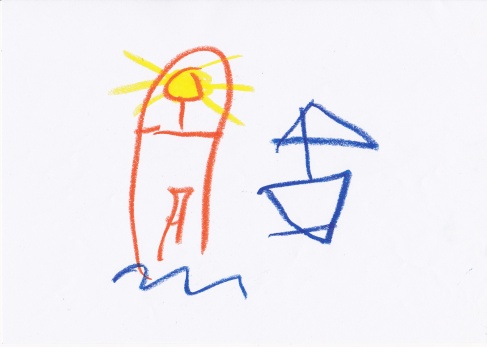I stumbled upon ‘Platform University’ today. And my first thought was “Why hasn’t anyone told me about this before?”
Have you heard of Michael Hyatt?
I hadn’t until I attended a Hay House Publishing writer’s conference. They said that if you were serious about succeeding as an author, the one book you had to read was Michael Hyatt’s Platform: Get Noticed in a Noisy World. Michael is the former CEO of Thomas Nelson Publishers (among many other things). He is a very accomplished person and you would think that this would make him distant and unattainable. But Michael comes across with a warmth and sincerity that is difficult to manufacture.
Anyway today, while vacuuming, I had the brilliant idea of asking Michael to write a guest piece for me. He has hundreds of thousands of people who visit his site every month. I have about a dozen. Surely, if I could contact him and convince him to write a guest blog, I would definitely get catapulted into the stratosphere. Let me just say here that I personally am not that interested in getting catapulted into the stratosphere. But I am committed to spreading the message of my children’s book; believe in yourself and anything is possible. And while I would like to stand in the background and watch it happen, I’ve conceded that it just doesn’t work that way.
So I decided to try and contact Michael via his Google+ profile. I figured it was probably the least busy of his social media pages so my message might have a chance of getting through. Anyway, long story short, I got to his page and found a link to ‘Platform University’. Because I was already reading his book ‘Platform’ I decided to investigate further.
Platform University is a place where, for $25 US per month, you get Michael’s insights into a range of topics. This is a man who can charge $1500 for a conference ticket! He knows the publishing industry inside out and he has a wealth of knowledge which he delivers in an easy to follow manner. Today I listened to the master class on ‘Speaking to the Media with Confidence and Skill’. I downloaded a study guide which basically summarized the video and I got even more helpful tips from the comments section. And this was just one masterclass in a long list of others. I felt like I had struck gold.
The price will be going up on the 13th September to $30 US per month. You can save $60 per year by becoming a member before that date. I am telling you about this because Michael is a person who genuinely knows his stuff and shares it with insight and understanding. It can be hard finding these people so I think we owe it to each other to spread the word.
If you want excellent value and a wealth of tried and tested information, then visit: http://michaelhyatt.com/4-reasons-to-join-platform-university-now.html.
You won’t be disappointed.
Shine on!


